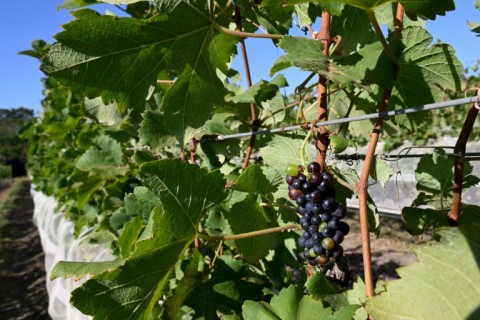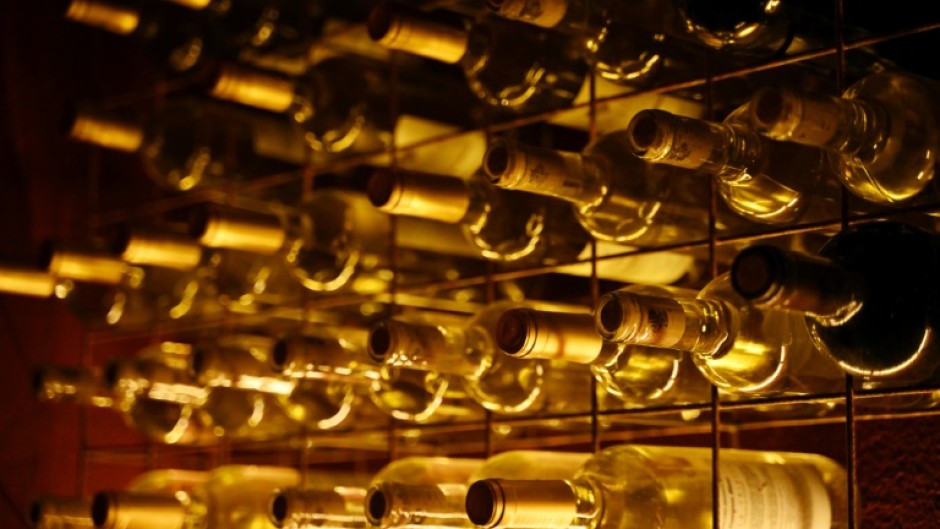BRASILIA - With its predominantly tropical climate, Brazil is far less known for wine than fellow South American producers Argentina and Chile -- never mind France.
But a new production technique developed by Brazilian researchers in the 2000s has helped winemakers in the Brasilia region hack the local climate to harvest in the winter, producing better-quality grapes -- and wines that are starting to make a splash.
"The technique they're using here is different from what you see anywhere else in the world," says enologist Jean-Michel Barcelo, a silver-haired Frenchman who takes his wine very seriously.
He lavishes praise on the freshness and complexity of Brazilian highlands wines, and the "exceptional" conditions at Villa Triacca: an altitude of 1,000 meters above sea level, a dry climate and a difference of up to 15 degrees Celsius between daytime and nighttime temperatures in winter -- perfect for ripening grapes.

But it was not an obvious choice to grow grapes in central-western Brazil, the heart of the country's powerful soybean, corn and beef industries.
The key is a technique called "double pruning," in which producers prune their vines twice a year, once in winter and once in summer.
That enables them to push their grape-picking season back from autumn, the usual time -- when the region's heavy rains would threaten the harvest -- to July and August, the heart of winter in the southern hemisphere.
The technique also involves using a synthetic hormone that regulates the vines' growth and keep them dormant so the grapes will be ready at the right time.
Producers say the hormone leaves no trace in the final product.
But some wine lovers are dubious.
"We don't know what the effects are. I've never seen a study on it," says Suzana Barelli, resident wine expert at newspaper Estado de Sao Paulo.
Still, she is impressed by the region's wines, praising their "very high quality."

